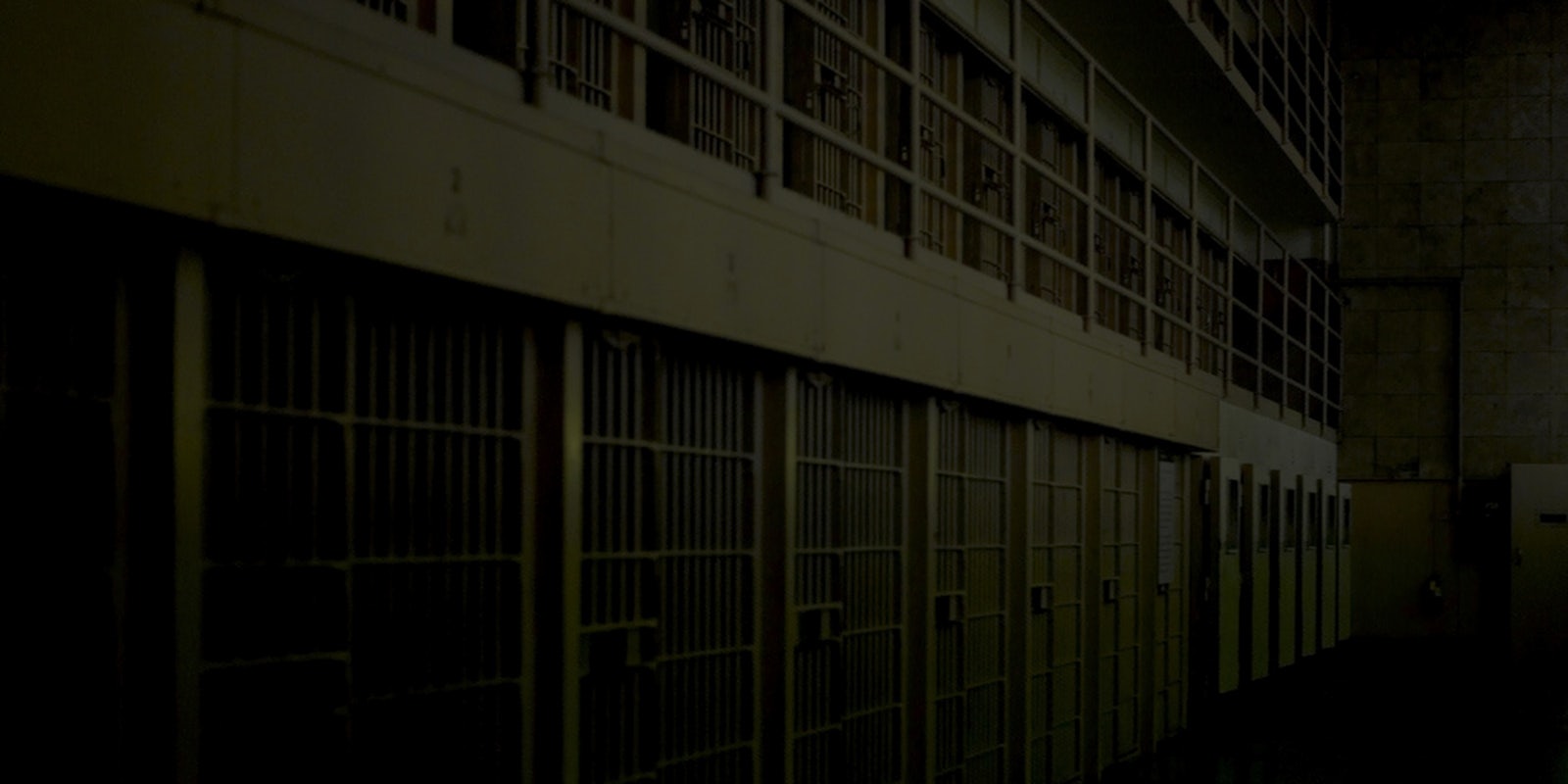The Connecticut appellate court ruled Monday that a transgender teen’s rights were violated when she was placed in an adult prison last year without being charged.
While children are confined to adult prisons more frequently than most people realize—the Equal Justice Initiative estimates that there are about 10,000 kids in adult jails on any given day in America, with over 3,000 having been sentenced to life in prison—the Connecticut ruling from the second-highest in the state will change things for the rights of children in that state.
Legal director for the Connecticut ACLU Dan Barrett told the Hartford Courant that Monday’s ruling “raises the bar in what DFC [Department of Children and Families] has to prove in order to transfer a child from its custody to an adult prison.”
Solitary confinement has been declared a method of torture by the United Nations, which recommended that no one be left in solitary for over 15 days.
Moving forward, the decision states, Connecticut’s DCF will have to prove, with “clear and convincing evidence,” that the child too violent and uncontrollable to remain in a juvenile detention center.
The girl at the center of the case, now 17, has since been transferred back into a DCF facility. That’s partially because of an enormous public outcry last year that resulted in protests, and a letter she wrote to the Courant that described her lengthy solitary confinement under the “humiliating” 22-hour watch of a guard.
In the news, the saga has unfolded over the course of the past year. But for the trans teen known in public only as Jane Doe, the court’s ruling is just the latest event in a lifetime of nonstop turbulence.
Jane Doe was 5-years-old when DFC took over supervision of her care, even though her family was allowed to keep her at home. The DCF was supposed to ensure that her home was a safe and appropriate environment for a child. According to court documents from an earlier case, which the Daily Dot has viewed, Doe was subject to constant physical and emotional abuse, and she was raped for years before finally ending up in full-time state custody at age 12.
The system, according to the documents, failed Jane Doe. She was sexually abused while living at DCF facilities as well, where adult staff were supposed to have been screened and trained to keep kids safe. After years of traumatic abuse, Jane Doe attacked a staffer whom her lawyer said approached her from behind and illegally restrained her. When the staffer ended up with scratches and a black eye, DCF petitioned the court to have the teen girl transferred to an all-male maximum security prison.
Connecticut judge Burton Kaplan blocked the agency’s attempt, writing “the original motion is confusing and contradictory since a female cannot be transferred to Manson” (the men’s prison). Jane Doe was then transferred from DCF custody to the York Correctional Facility, where she was kept in solitary confinement in order to be separated from the adult population.
The news of the court’s ruling comes as a bittersweet antidote to Sunday’s discovery of the death of Kalief Browder, a young man whose excessive, two-year-long solitary confinement at Riker’s Island as a teenager drove him into severe post-traumatic stress disorder that ultimately took his life.
Solitary confinement has been declared a method of torture by the United Nations, which recommended that no one be left in solitary for over 15 days. Browder was confined in solitary for over 1,000 days. According to the American Civil Liberties Union, many children across the U.S. are kept in solitary confinement in order to separate them from adult prison populations—but the result is “extreme psychological, physical, and developmental harm.”
For more information about suicide prevention or to speak with someone confidentially, contact the National Suicide Prevention Lifeline (U.S.) or Samaritans (U.K.). If you need to speak to counselors with experience dealing with transgender issues, contact Trans Lifeline at (877) 565-8860 (U.S.) or (877) 330-6366 (Canada).
Photo via boingr/Flickr (CC BY SA 2.0)


